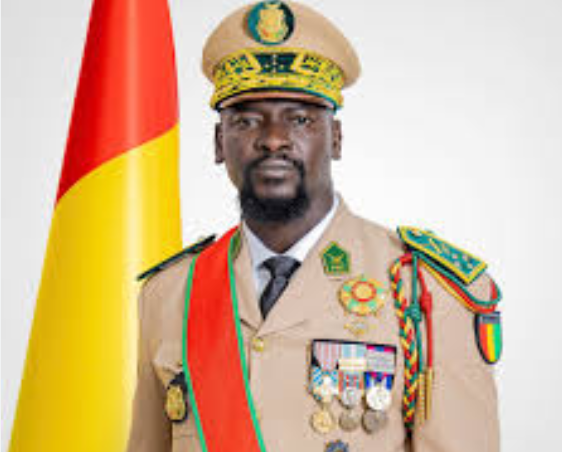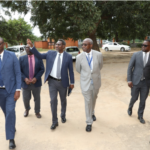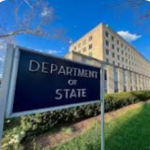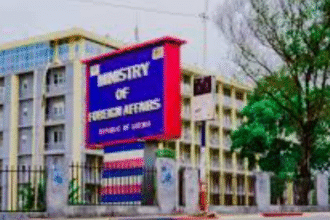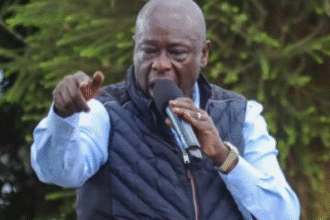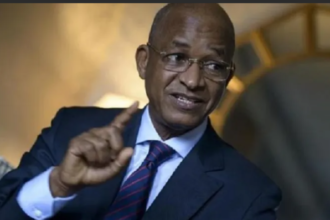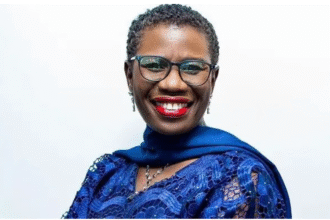Conakry, Guinea – Guinea’s junta leader, Colonel Mamady Doumbouya, appears to be maneuvering to retain influence, if not outright leadership, even after the proposed transition to civilian rule. Sources indicate Doumbouya is actively seeking to forge a coalition of political parties and influential groups to potentially contest future elections.
Doumbouya, who has served as Guinea’s president since leading the September 5, 2021, coup that ousted former President Alpha Condé, has publicly committed to returning the country to democratic governance. However, his recent actions suggest a desire to remain a key player in the nation’s political landscape.
While details of the proposed coalition remain scarce, analysts suggest it would likely comprise a mix of established political parties and newly formed movements, potentially leveraging Doumbouya’s existing support base within the military and the population.
“Doumbouya is a pragmatist,” said political analyst, Amadou Diallo, based in Conakry. “He understands that maintaining power after the transition requires more than just military might. Forming a coalition allows him to continue influencing policy and potentially secure a long-term role in Guinean politics.”
Adding fuel to the speculation, reports suggest Doumbouya may enjoy the backing of France, potentially through the influence of his wife. While unconfirmed, such support, if true, could significantly bolster his efforts to consolidate power.
Beyond political maneuvering, Doumbouya has also been instrumental in commissioning several high-impact development projects across Guinea. These initiatives, ranging from infrastructure improvements to social programs, are seen by some as an attempt to win popular support and build a legacy beyond his role as a military leader.
However, Doumbouya’s intentions are met with skepticism from some quarters. Critics argue that his focus on coalition building is a thinly veiled attempt to subvert the democratic process and cling to power. Concerns also exist about the transparency and inclusivity of the transition process, particularly regarding the drafting of a new constitution and the establishment of a credible electoral framework.
The coming months will be crucial in determining the future of Guinea and the role Doumbouya will play in it. The success of any transition hinges on ensuring a free and fair electoral process, guaranteeing the participation of all political actors, and upholding the rule of law, regardless of Doumbouya’s future ambitions. The international community is closely watching developments and will likely insist on demonstrable progress toward a truly civilian-led government.


